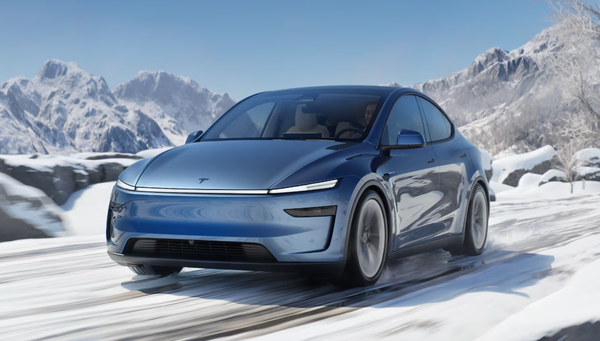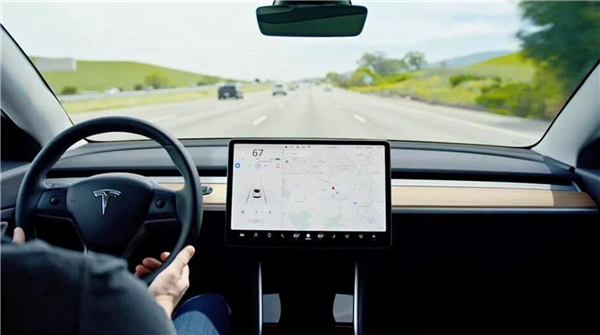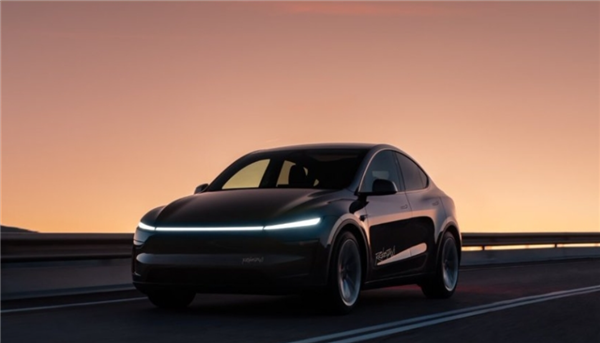April 9, 2025 – The United States is trailing behind the United Kingdom, Europe, and China in the rapid adoption of electric vehicles (EVs). Recent research indicates that American consumers’ interest in EVs has not only plateaued but has started to decline.
A Gallup survey revealed that in 2023, 59% of American drivers had either purchased an EV or were seriously considering buying one for their next vehicle. By 2025, however, this figure had dropped to 51%.
Some of Tesla CEO Elon Musk’s actions may have contributed to this downward trend. Last year, Musk’s support for right-wing politicians alienated the traditionally left-leaning EV audience. This year, his backing of the controversial “DOGE” efficiency plan introduced by the US government further tarnished his reputation and the Tesla brand’s image among some consumers.

It’s important to note that the decline in American consumers’ interest in EVs did not begin with the Trump administration. Even before Trump took office, Gallup had observed a drop in consumers’ willingness to consider EVs. Research in 2024 showed that the proportion of American drivers willing to buy an EV had already fallen to the current 51%, and it has remained stable since then.
A deeper analysis of the changes between 2023 and 2025 reveals that women’s interest in EVs declined more sharply than men’s during this period, with a 7% drop for women compared to a 5% drop for men. In terms of age, consumers aged 18 to 34 saw an 11% decrease in interest in EVs, while those aged 45 and above experienced a decline of 4% to 5%.
While American consumers’ interest in EVs seems to have stagnated, this does not mean they have lost interest in electrified transportation. The Gallup survey also found that 65% of respondents would consider buying a hybrid vehicle, a proportion 14 percentage points higher than for EVs.
The study further notes that older, higher-income voters with right-leaning political tendencies are more inclined to consider purchasing a hybrid vehicle rather than an EV. For younger, lower-income drivers with left-leaning political views, the gap in consideration between EVs and hybrids is relatively smaller.












